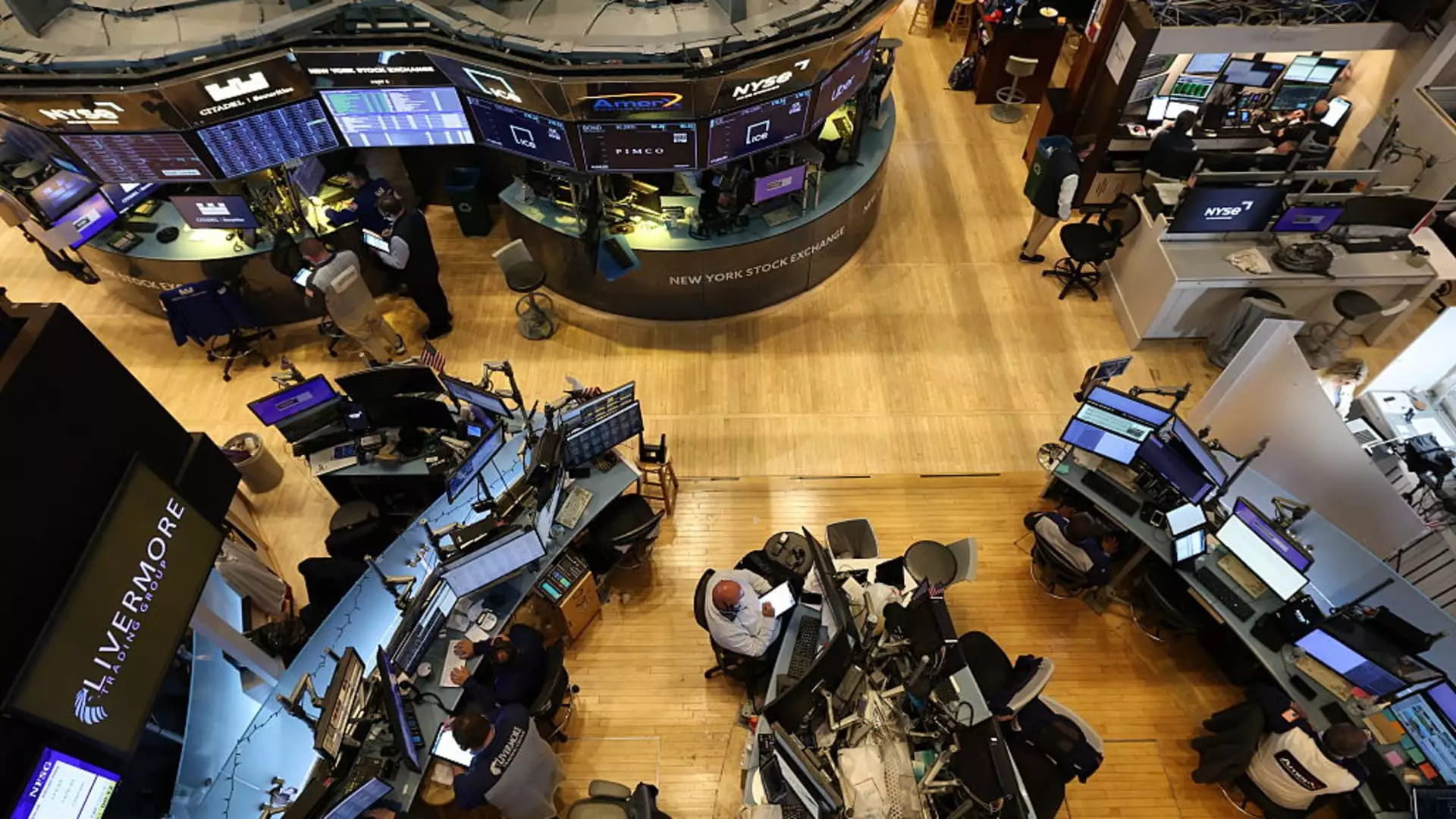The recent fluctuations in stock futures highlight a fragile confidence in the economic landscape increasingly shaped by political rhetoric rather than sustainable policy. While futures indicate only minor changes—barely noticeable shifts—it’s essential to recognize that beneath these figures lies a deeper tension. Investors are nervously observing President Trump’s tariff announcements, sensing that these aggressive trade tactics threaten to destabilize markets built on global interconnectedness. The perception that market reactions are minimal is deceptive; behind the scenes, a growing undercurrent of uncertainty casts long shadows over the resilience of our financial systems. In essence, market calmness is a fragile veneer masking underlying vulnerabilities rooted in a misguided belief that protectionist measures can be controlled or contained.
Protectionism as a Short-Sighted Strategy
President Trump’s declaration of new tariffs, including steep duties on countries such as Japan and South Korea, exemplifies a shortsighted approach that disregards the intricate balance of global trade. Imposing tariffs ranging from 25% to 40%, along with proposed levies on vital sectors like copper and pharmaceuticals, signals an alarming shift toward economic nationalism. While proponents argue that such measures aim to protect domestic industries, the reality is often a worsening of global economic tensions, retaliatory actions, and increased costs for consumers. The idea that tariffs can be wielded as tools of economic diplomacy without unintended consequences is simply naive. These actions threaten to unravel decades of trade agreements, risking a spiral of tariff escalations that harm the very industries they seek to shield.
Artificial Confidence and Its Cracks
The White House’s steadfast refusal to back down on its tariff policies reflects a misguided belief in unilateral dominance over global commerce. While the markets momentarily dip or rise in response to these announcements, the underlying damage to international cooperation is far more insidious. Engaging in trade wars under the guise of protecting national interests diminishes the interconnected fabric that supports economic growth and innovation. Moreover, the suggested sector-specific tariffs and the potential up to 200% duties on pharmaceuticals threaten to undermine the delicate balance of supply chains, jeopardizing affordable access to essential goods, and fueling inflationary pressures on consumers already burdened by economic uncertainty.
The False Promise of Resilience
There is a dangerous misconception that markets can withstand such aggressive protectionist stances without long-term repercussions. While investors might momentarily glance past the mounting risks, history illustrates that sustained protectionism often leads to economic stagnation or recession. The timing of tariffs, coupled with vague hints at future sector-specific duties, signals a gamble that may have catastrophic consequences for a fragile recovery. The global economy’s interconnected nature means that any disruption reverberates across borders, affecting millions who rely on stable international trade.
Politics Over Prosperity
Ultimately, a focus on short-term political gains at the expense of thoughtful economic policy exposes a fundamental flaw in current leadership approaches. The gamble of tariffs and trade barriers, driven by nationalistic instincts rather than sound economic reasoning, jeopardizes the stability that has been painstakingly built over decades. Rather than fostering sustainable growth and cooperation, these policies risk sowing discord and uncertainty—traits that benefit no one in the long run. Stakeholders must recognize that true economic resilience depends on diplomatic engagement and balanced policies, not reckless tariffs designed to score political points.


Leave a Reply